Choosing the right
Exchange
A crypto exchange is a digital marketplace where users can buy, sell, and trade cryptocurrencies like Bitcoin, Ethereum, and other digital assets. These exchanges facilitate the conversion of one cryptocurrency into another or into fiat currencies (such as USD, EUR, etc.). Some exchanges also allow trading in derivatives like futures and options on cryptocurrencies.
A proprietary trading (prop trading) firm is a financial company that invests its own capital in financial markets, including stocks, forex, commodities, and derivatives. Unlike traditional brokers that handle clients’ money, prop trading firms trade with their own funds to generate profits. They often recruit skilled traders or provide training to new traders and allow them to trade the firm’s capital in exchange for a share of the profits.
There are two main types of exchanges:
- Centralised Exchanges (CEX): Operated by a company that provides a platform for users to trade. They act as intermediaries and are responsible for safeguarding user funds.
- Decentralised Exchanges (DEX): Peer-to-peer platforms that operate without a central authority. Users trade directly with each other using smart contracts, eliminating the need for intermediaries.
How Does a Crypto Exchange Work?
- Account Creation: Users first need to create an account on the exchange, which typically involves submitting personal information for verification, especially on centralised platforms.
- Deposits: Users deposit funds (either cryptocurrencies or fiat) into their exchange wallet to start trading. Most exchanges support bank transfers, credit cards, or crypto deposits.
- Trading Pairs: Crypto exchanges offer various trading pairs, which represent the cryptocurrencies that can be exchanged (e.g., BTC/ETH or BTC/USD). Users select the pair they wish to trade and execute buy or sell orders.
- Market Orders vs. Limit Orders:
- Market Orders: Executed immediately at the current market price.
- Limit Orders: Only executed when the price reaches a specified limit, giving traders more control over their transactions
- Fees: Exchanges usually charge fees for trades, deposits, and withdrawals. These fees can vary based on the exchange and the volume of the transaction.
- Withdrawals: After trading, users can withdraw their funds (either in fiat or cryptocurrency) to an external wallet or bank account.
Pros of Using a Crypto Exchange
- Access to Various Cryptocurrencies: Crypto exchanges offer access to a wide range of digital assets, allowing users to diversify their investments and trade lesser-known altcoins.
- Liquidity: Centralised exchanges often have high liquidity, meaning that it’s easier to buy or sell large amounts of cryptocurrency without affecting the market price significantly.
- Ease of Use: Most exchanges offer user-friendly interfaces, making it simple for even beginners to trade cryptocurrencies.
- Trading Tools and Features: Exchanges offer advanced tools like charting, analytics, and order types (market, limit, stop-loss orders) that help traders execute more sophisticated strategies.
- Fiat Gateway: Centralised exchanges often support the conversion of fiat money (like USD or EUR) into cryptocurrency, allowing for easy entry and exit from the crypto market.
- Security Features: Many exchanges offer security measures such as two-factor authentication (2FA), cold storage for assets, and insurance for digital assets in the event of a hack (primarily in centralised exchanges).
- Regulation and Compliance (CEX): Some exchanges comply with national regulations and provide protection to users under the regulatory framework, enhancing trust.
Cons of Using a Crypto Exchange
- Security Risks (CEX): Centralised exchanges are prime targets for hackers because they hold large amounts of crypto in their wallets. If the exchange gets hacked, users can lose their funds. While some exchanges offer insurance, not all do.
- Lack of Control (CEX): When using centralised exchanges, users do not have direct control over their private keys. “Not your keys, not your crypto” is a common saying, meaning that the exchange holds the actual ownership of your assets while they are on the platform.
- High Fees (CEX): Centralised exchanges often charge higher fees, particularly for fiat deposits and withdrawals. Trading fees may also be higher for lower-volume traders.
- Regulatory Compliance Issues (DEX): Decentralised exchanges, while offering privacy and control, often lack compliance with national regulations. This could cause issues if governments impose strict regulations or bans on crypto trading.
- Complexity (DEX): Decentralised exchanges are often harder to use, especially for beginners. They require knowledge of crypto wallets, private keys, and transaction fees (gas fees), which can be confusing for new users.
- Lower Liquidity (DEX): Decentralised exchanges may suffer from lower liquidity compared to their centralised counterparts, meaning large trades could move the market price and result in less favourable outcomes.
- Risk of Losses: Cryptocurrencies are highly volatile, and users can experience significant losses, especially if they are new to trading. Without proper knowledge of the market, using a crypto exchange can be risky.
- Withdrawal Limits and Delays: Some centralised exchanges impose withdrawal limits or may delay withdrawals due to high demand or internal processes, which can frustrate users wanting quick access to their funds.
Should You Use a Crypto Exchange?
Crypto exchanges offer a convenient way to access the world of digital assets, whether you’re trading for profit or simply buying and holding cryptocurrencies. However, users must weigh the ease of use and features offered by centralised exchanges against the greater control and privacy provided by decentralised platforms. It’s essential to choose a reliable exchange, understand the associated risks, and employ best practices like securing your funds in a private wallet when not actively trading.
Should You Use a Crypto Exchange?
Crypto exchanges offer a convenient way to access the world of digital assets, whether you’re trading for profit or simply buying and holding cryptocurrencies. However, users must weigh the ease of use and features offered by centralised exchanges against the greater control and privacy provided by decentralised platforms. It’s essential to choose a reliable exchange, understand the associated risks, and employ best practices like securing your funds in a private wallet when not actively trading.
Top Crypto Exchanges Globally
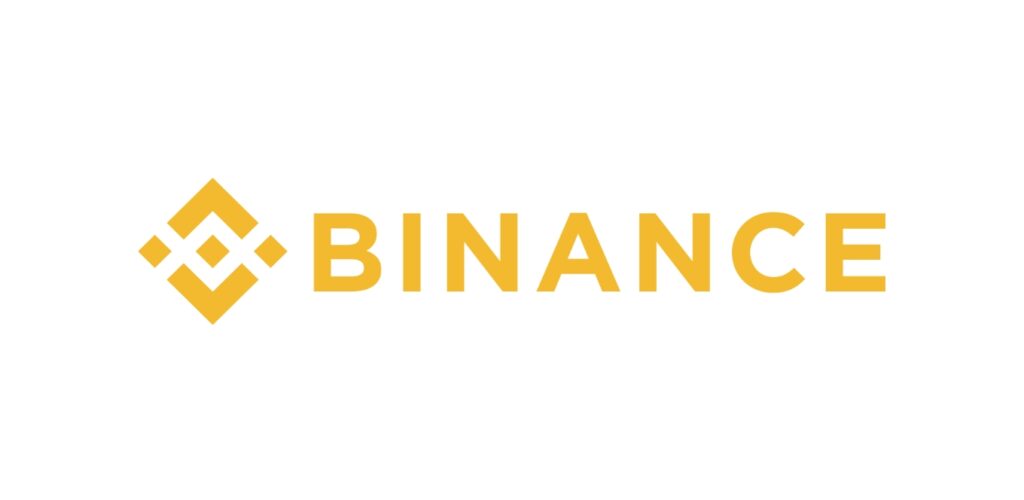
Binance
Pros:High liquidity; wide range of cryptocurrencies; low trading fees. Cons:Regulatory issues in some regions; not always beginner-friendly. Fees:0.1% trading fee, discounts with BNB.
Additional Information:
Year Founded:
Country of Origin: Cayman Islands
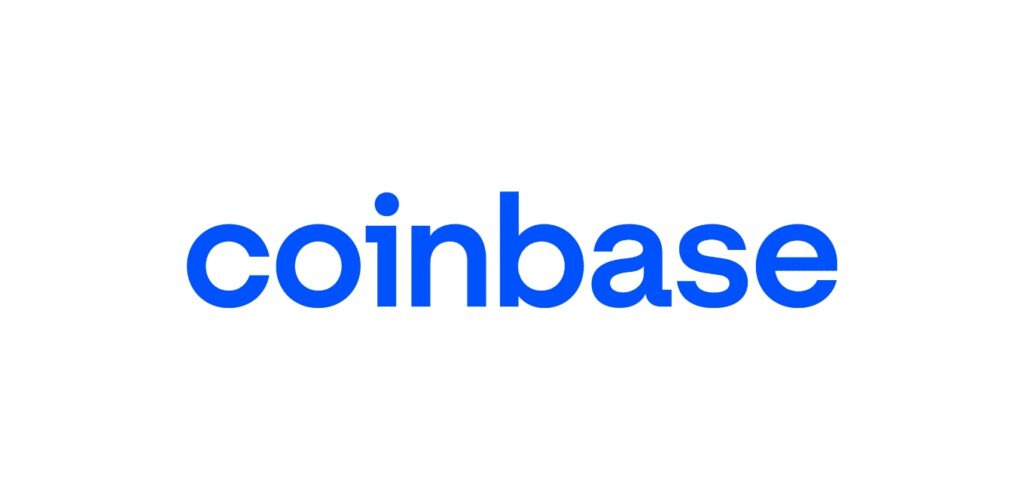
Coinbase
Pros:User-friendly interface; strong regulatory compliance. Cons:Higher fees compared to other exchanges; limited coins. Fees:0.5% trading fee, tiered structure.
Additional Information:
Year Founded:
Country of Origin: USA
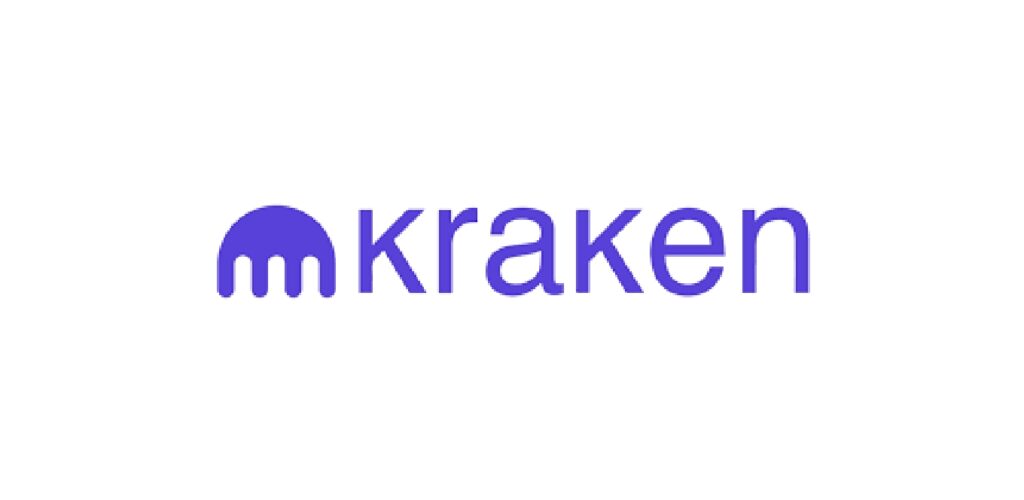
Kraken
Pros:Strong security measures; wide range of fiat currencies supported. Cons:Slower customer support; complex interface for beginners. Fees:0.16% maker, 0.26% taker fees.
Additional Information:
Year Founded: 2011
Country of Orgin: USA
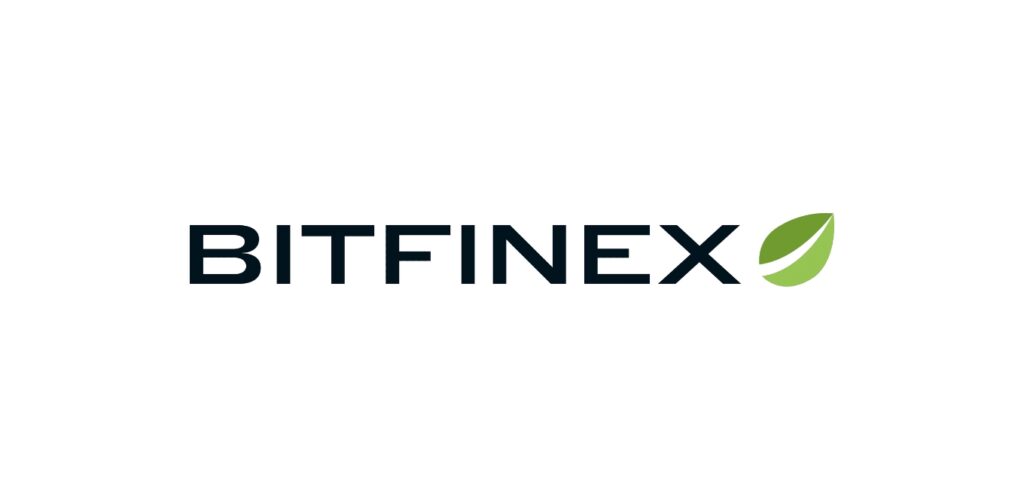
Bitfinex
Pros:High liquidity; advanced trading features. Cons:History of security breaches; limited for beginners. Fees:0.1% maker, 0.2% taker fees.
Additional Information:
Year Founded:
Country of Origin: Hong Kong

Huobi Global
Pros:High liquidity; broad selection of coins. Cons:Unclear regulatory status in some regions. Fees:0.2% trading fee.
Additional Information:
Year Founded: 2013
Country of Origin: Seychelles

OKX
Pros:Competitive fees; strong derivatives market. Cons:Complex user interface; some regulatory challenges. Fees:0.1% trading fee.
Additional Information:
Year Founded: 2017
Country of Origin: Seychelles
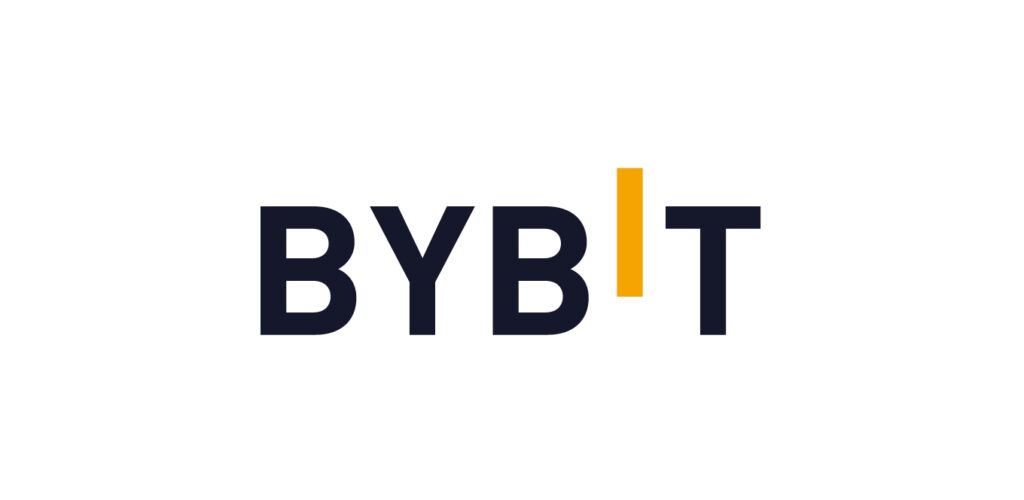
Bybit
Pros:Great for derivatives trading; low fees for futures. Cons:Limited spot trading options; not ideal for beginners. Fees:0.1% spot fee, 0.03% derivatives.
Additional Information:
Year Founded: 2018
Country of Origin: Singapore

KuCoin
Pros:Wide range of altcoins; competitive trading fees. Cons:Limited fiat support; history of security breaches. Fees:0.1% trading fee.
Additional Information:
Year Founded: 2017
Country of Origin: Seychelles
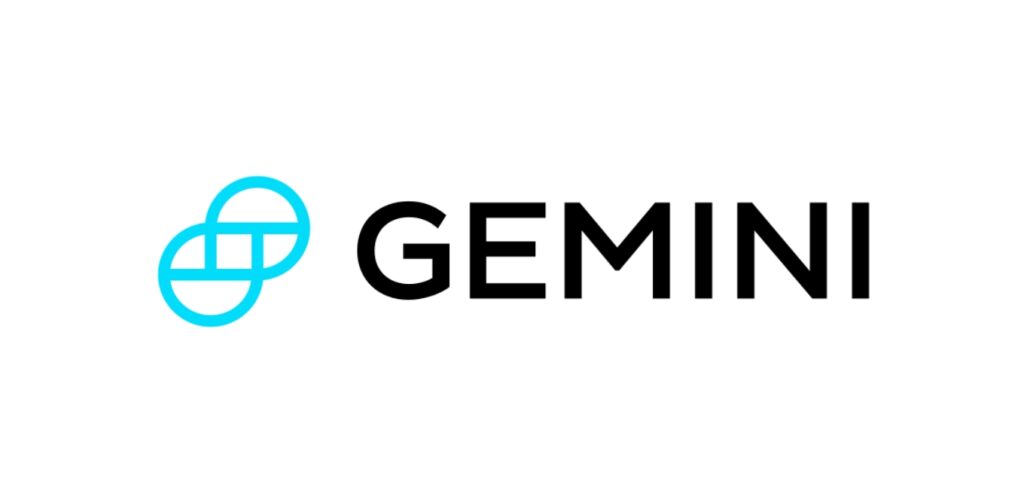
Gemini
Pros:Strong regulatory compliance; high security standards. Cons:Higher trading fees; fewer cryptocurrencies compared to competitors. Fees:1.49% trading fee.
Additional Information:
Year Founded: 2014
Country of Origin: USA

Crypto.com
Pros:Wide range of crypto services; rewards program with the native CRO token. Cons:Customer support can be slow; some features limited by region. Fees:0.1% trading fee.
Additional Information:
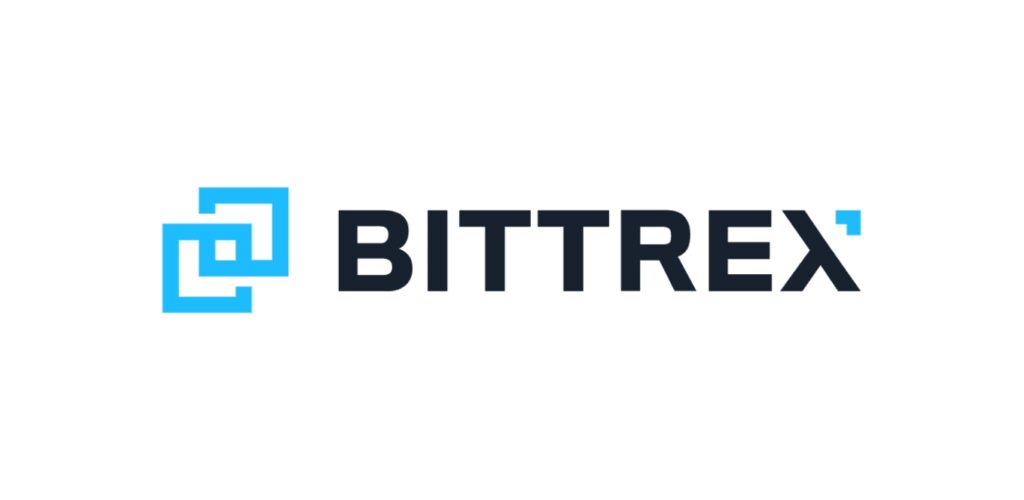
Bittrex
Pros:Strong security measures; supports a wide range of cryptocurrencies. Cons:Higher fees for low-volume traders; limited fiat options. Cons:0.2% trading fee.
Additional Information:
Year Founded: 2014
Country of Origin: USA

Gate.io
Pros:Well-established; strong regulatory compliance in Europe. Cons:Limited selection of altcoins; higher fees for small trades. Fees:0.5% trading fee, lower with volume.
Additional Information:
Key Features: Low spreads, fast execution
Minimum Deposit: $100
Cons: Limited educational materials
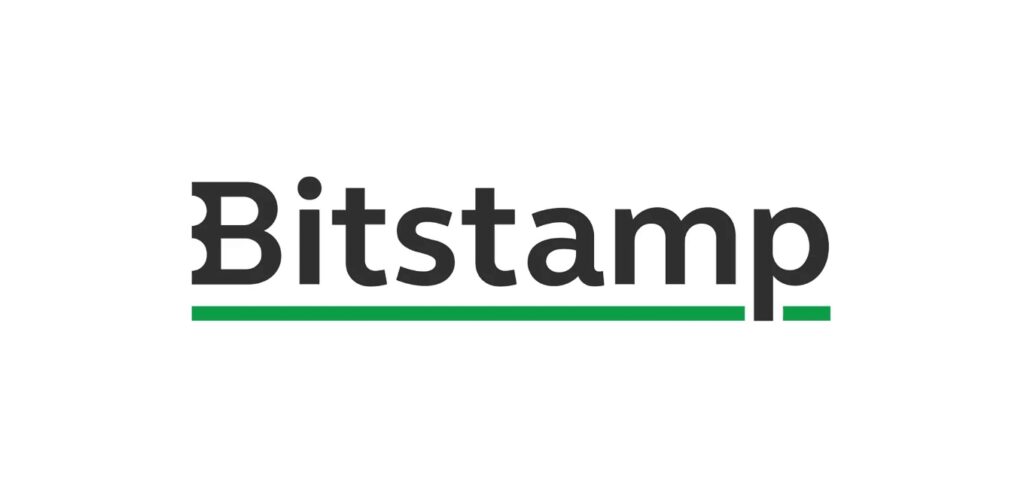
Bitstamp
Pros:Well-established; strong regulatory compliance in Europe. Cons:Limited selection of altcoins; higher fees for small trades. Fees:0.5% trading fee, lower with volume.
Additional Information:
Year Founded:
Country of Origin: Luxembourg

Deribit
Pros:Excellent for options trading; advanced derivatives platform. Cons:Not suitable for beginners; limited range of supported cryptocurrencies. Cons:0.05% for futures/options.
Additional Information:
Year Founded: 2016
Country of Origin: Netherlands
When choosing a crypto exchange, consider your trading needs, such as the range of available cryptocurrencies, fees, security, and ease of use, to find the one that best suits your preferences and requirements.
